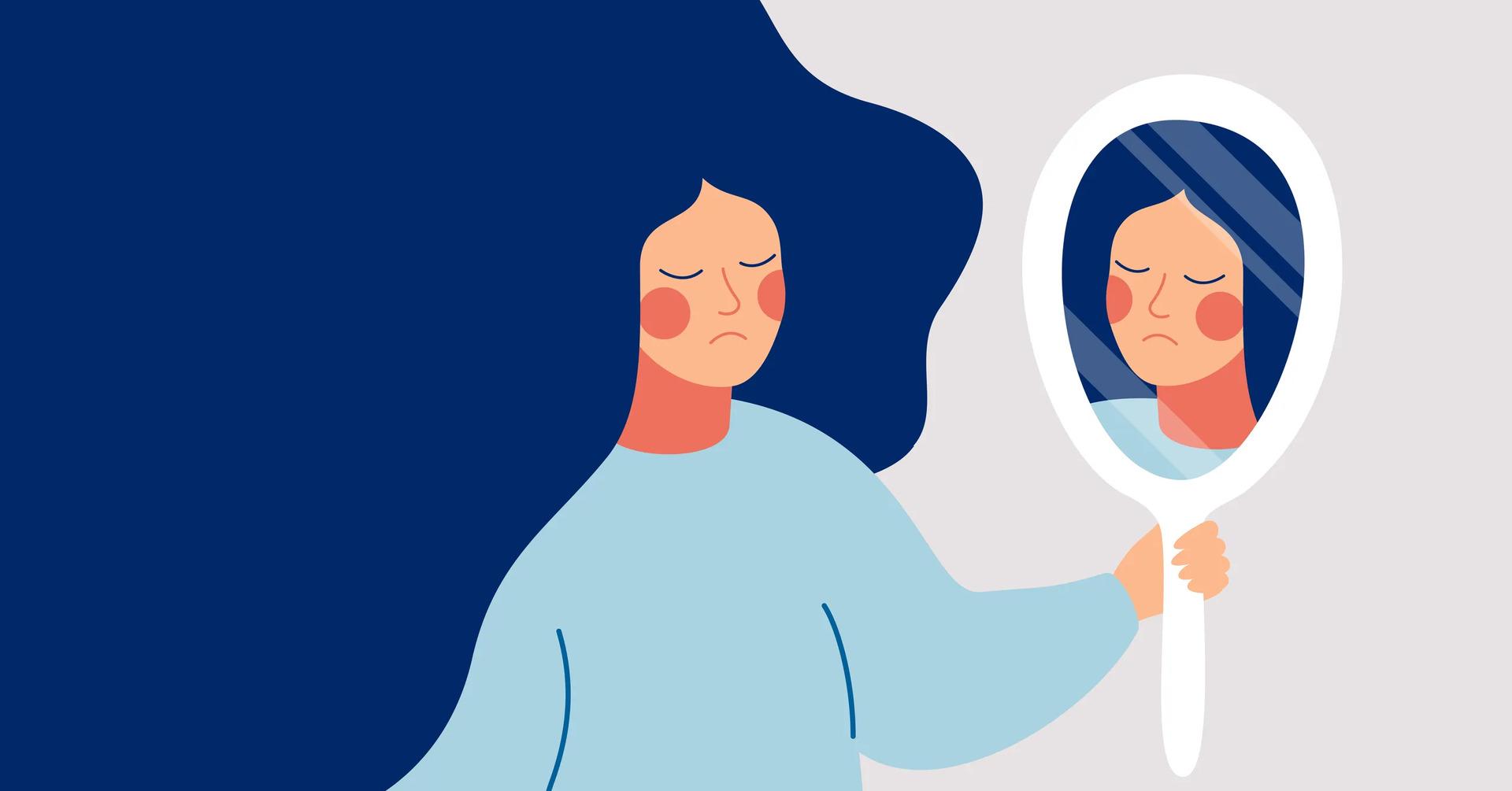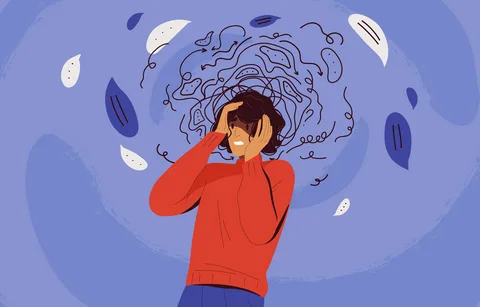Excessive gaming is the inability to control one’s gaming habits due to a significant obsession with games. Such an obsession may result in difficulties in one’s daily life, including health problems, poor academic or job performance and poor social relationships.
The demand for excessive gaming treatment has increased in several countries, but standard treatment guidelines for problematic gaming are still lacking. Services for gaming addiction treatment remain scarce and disjointed.
For example, a survey in Australia and New Zealand revealed that psychiatrists— particularly child psychiatrists, reported a greater frequency of excessive gaming, yet 43% of the 289 surveyed psychiatrists reported that they were not well informed of treatment modules for tackling excessive gaming.
In this study conducted by Jueun Kim, Sunmin Lee, Dojin Lee, Sungryul Shim, Daniel Balva, Kee-Hong Choi, Jeanyung Chey, Suk-Ho Shin & Woo-Young Ahn, a traditional pairwise meta-analysis and network meta-analysis were used to clarify the overall and relative effectiveness of psychological treatments for excessive gaming.
The authors also conducted a moderator analysis to examine potential differences in treatment efficacy between Randomised Controlled Trials (RCTs) and non-RCTs, age groups, regions, and research qualities.
After assessing the data from 17 and analysing the overall and relative effectiveness of eight types of psychological treatments for reducing excessive gaming, the results indicated high efficacy in reducing excessive gaming.
The techniques of mindfulness combined with Cognitive Behavioural Therapy (CBT) and family interventions were found to be most useful. This combination can be extended to the treatment of alcohol addiction, internet addiction, gambling addiction and others.
Excessive gaming results from the family environment, lack of proper parent-adolescent communication, ignorance, or unhealthy parenting style. Extreme control or absence of the same from parents can make the child feel stressed and dissociated or ignored and worthless respectively.
Both scenarios can push the child to get engrossed in the gaming world as a coping mechanism. The current study indicates that an appropriate balance between the parent and adolescent combined with a healthy parenting style is a major preventing factor of excessive gaming.
During treatment, parents are also pulled into the loop. They are advised to create a positive home environment, build rapport with their child, help the child explore other interests and cheer them for more outdoor activities.
The change during treatment is gradual but effective and precautions must be taken to avoid addiction relapse. A certified psychotherapist would be the best professional for this treatment.




